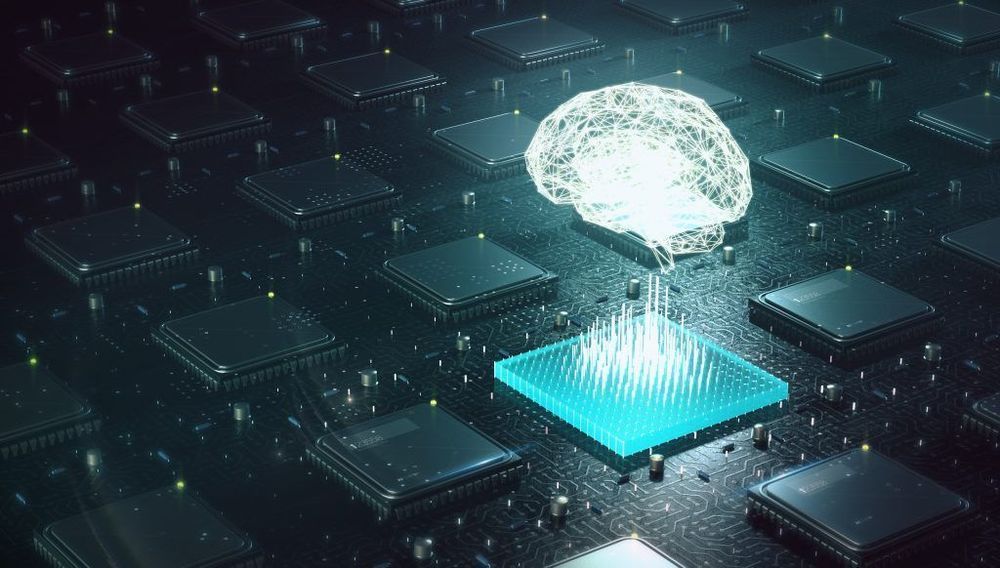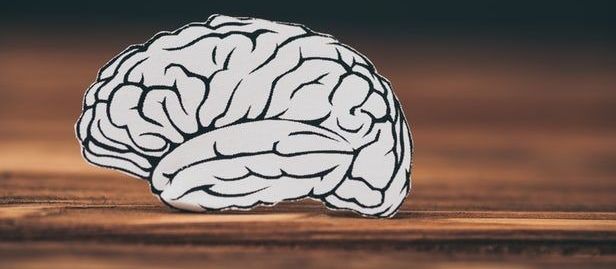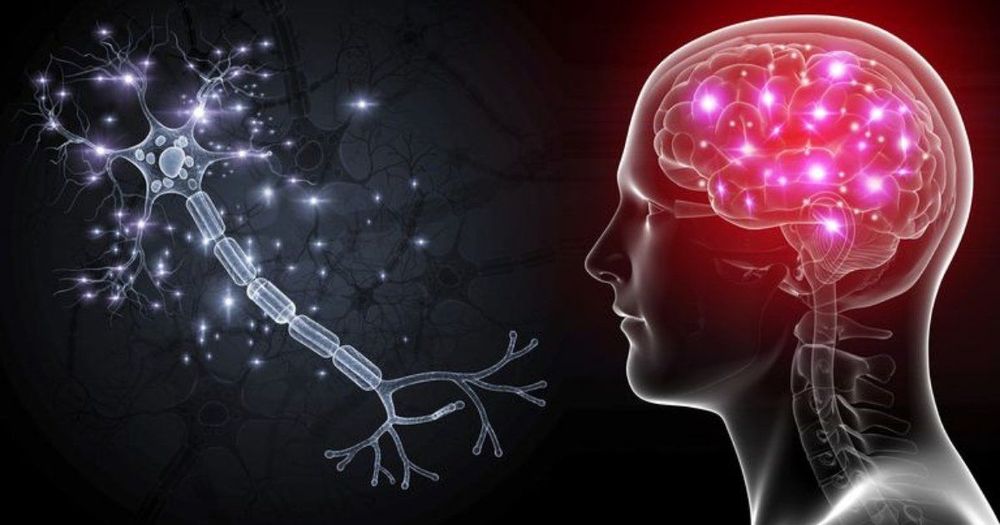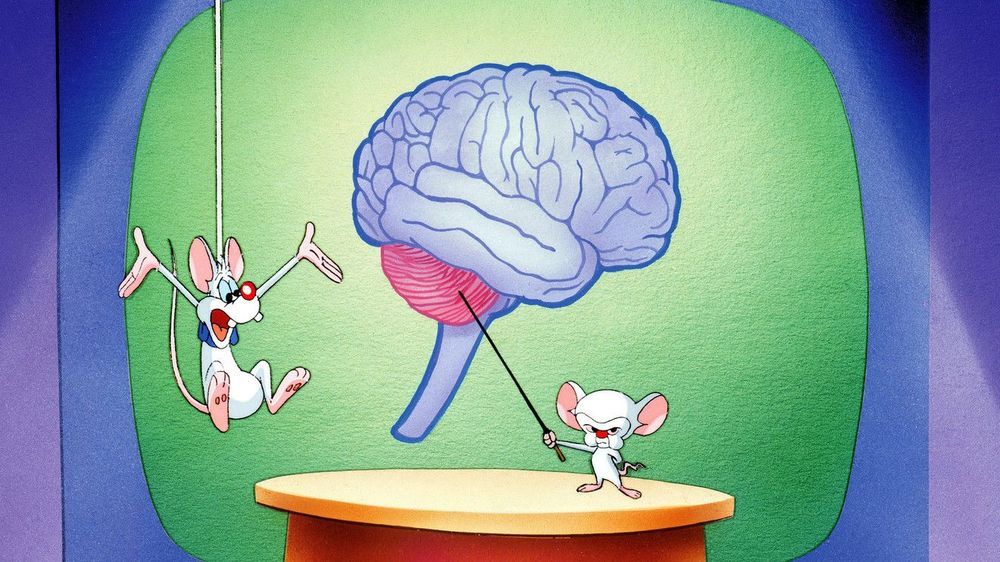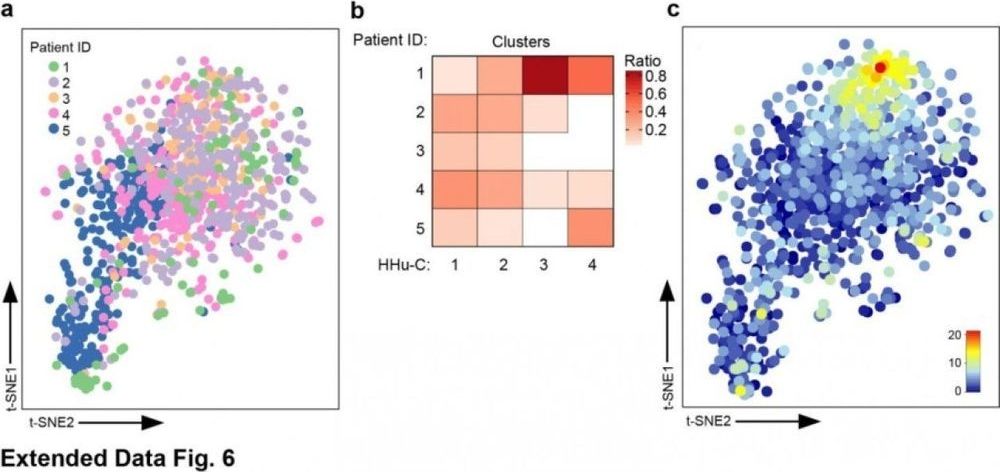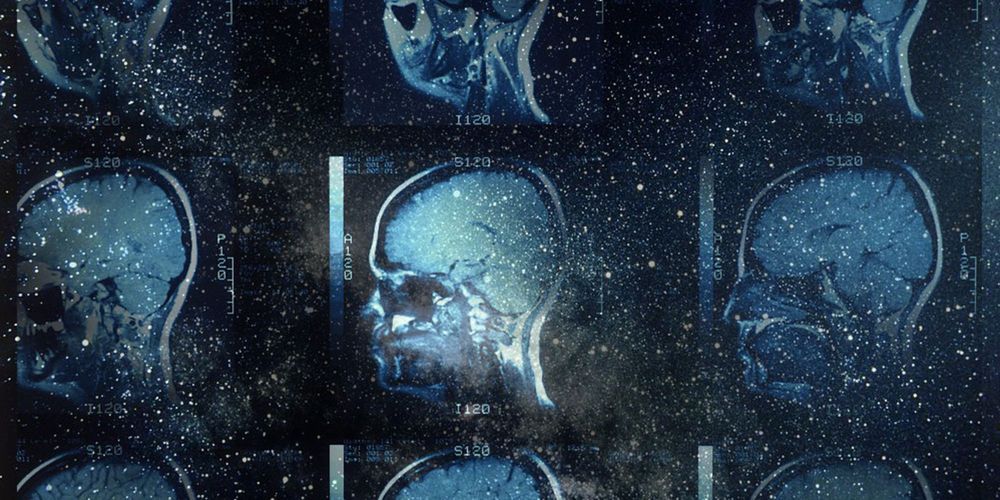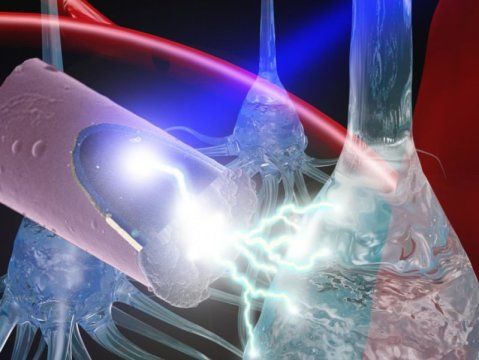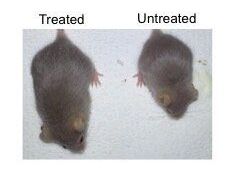Archive for the ‘neuroscience’ category: Page 789
Feb 20, 2019
Association between Alzheimer’s and high brain iron to be tested in new clinical trial
Posted by Genevieve Klien in categories: biotech/medical, neuroscience
A new study published in the journal Molecular Psychiatry is suggesting high iron levels in the brain may fundamentally trigger the progressive neurodegeneration associated with dementia and Alzheimer’s disease. A clinical trial is now underway exploring whether Alzheimer’s-related cognitive decline can be slowed by lowering brain iron levels.
Feb 20, 2019
Neuroscientists Discover New Form of “Wireless” Brain Communication
Posted by Paul Battista in category: neuroscience
A team of scientists studying the brain have discovered a previously unidentified form of “wireless” neural communications in brain tissue.
Feb 20, 2019
Your brain needs a fitness plan. Here’s how to keep it in shape
Posted by Genevieve Klien in categories: biotech/medical, food, health, neuroscience
This article is reprinted by permission from NextAvenue.org.
The basics of heart health have been drilled into our brains: Eat less saturated fat. Keep moving. Know your “numbers” for cholesterol, blood pressure and BMI.
But what about that brain itself? Although life expectancy has more than doubled since 1900, our “mindspan” — how long we stay cognitively healthy — hasn’t kept pace.
Continue reading “Your brain needs a fitness plan. Here’s how to keep it in shape” »
Feb 19, 2019
Slowing the Aging Process
Posted by Paul Battista in categories: biotech/medical, genetics, life extension, neuroscience
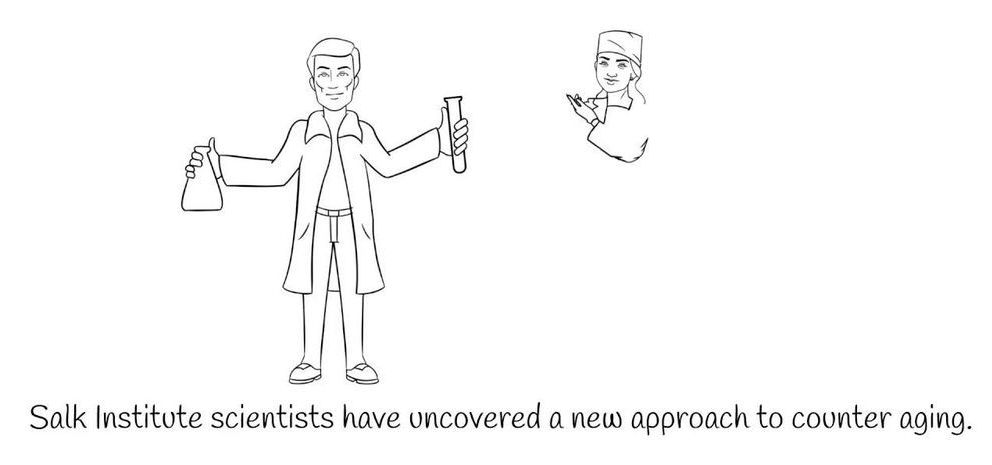
It’s inevitable in life, but aging isn’t really something people look forward to. Researchers have been seeking ways to reduce the impact of aging, not only because of vanity but also because as we age, there is a greater risk of certain serious health conditions like cancer, heart disease and neurodegenerative conditions like Alzheimer’s disease. Salk Institute scientists have now used CRISPR/Cas9, the gene-editing tool, to slow down aging. The work, reported in Nature Medicine, showed accelerated aging can be slowed in mice modeling a rare genetic disorder called Hutchinson-Gilford progeria syndrome.
“Aging is a complex process in which cells start to lose their functionality, so it is critical for us to find effective ways to study the molecular drivers of aging,” said the senior author of the report Juan Carlos Izpisua Belmonte, a professor in Salk’s Gene Expression Laboratory. “Progeria is an ideal aging model because it allows us to devise an intervention, refine it and test it again quickly.”
Feb 19, 2019
Scientists create new map of brain’s immune system
Posted by Xavier Rosseel in categories: biotech/medical, neuroscience
“We were able to show that there is only a single type of microglia in the brain that exist in multiple flavours,” says project head Prof. Dr. Marco Prinz, medical director of the Institute of Neuropathology at the Medical Center — University of Freiburg. “These immune cells are very versatile all-rounders, not specialists, as has been the textbook opinion up to now,” sums up Prof. Prinz.
A team of researchers under the direction of the Medical Center — University of Freiburg has created an entirely new map of the brain’s own immune system in humans and mice. The scientists succeeded in demonstrating for the first time ever that the phagocytes in the brain, the so-called microglia, all have the same core signature but adopt in different ways depending on their function. It was previously assumed that these are different types of microglia. The discovery, made by means of a new, high-resolution method for analyzing single cells, is important for the understanding of brain diseases. Furthermore, the researchers from Freiburg, Göttingen, Berlin, Bochum, Essen, and Ghent (Belgium) demonstrated in detail how the human immune system in the brain changes in the course of multiple sclerosis (MS), which is significant for future therapeutic approaches. The study was published on 14. February 2019 in the journal Nature.
Feb 19, 2019
Neuroscience confirms your subconscious shapes your reality
Posted by Quinn Sena in category: neuroscience
Groundbreaking neuroscience confirms what Sigmund Freud first theorized: that what we believe to be the objective reality surrounding us is actually formed by our subconscious. David Eagleman explains:
Feb 19, 2019
Bioengineers create ultrasmall, light-activated electrode for neural stimulation
Posted by Quinn Sena in categories: bioengineering, biotech/medical, neuroscience
Neural stimulation is a developing technology that has beneficial therapeutic effects in neurological disorders, such as Parkinson’s disease. While many advancements have been made, the implanted devices deteriorate over time and cause scarring in neural tissue. In a recently published paper, the University of Pittsburgh’s Takashi D. Y. Kozai detailed a less invasive method of stimulation that would use an untethered ultrasmall electrode activated by light, a technique that may mitigate damage done by current methods.
Feb 19, 2019
A new CRISPR/Cas9 therapy can suppress aging
Posted by Quinn Sena in categories: biotech/medical, genetics, life extension, neuroscience
LA JOLLA—(February 18, 2019) Aging is a leading risk factor for a number of debilitating conditions, including heart disease, cancer and Alzheimer’s disease, to name a few. This makes the need for anti-aging therapies all the more urgent. Now, Salk Institute researchers have developed a new gene therapy to help decelerate the aging process.
The findings, published on February 18, 2019 in the journal Nature Medicine, highlight a novel CRISPR/Cas9 genome-editing therapy that can suppress the accelerated aging observed in mice with Hutchinson-Gilford progeria syndrome, a rare genetic disorder that also afflicts humans. This treatment provides important insight into the molecular pathways involved in accelerated aging, as well as how to reduce toxic proteins via gene therapy.
“Aging is a complex process in which cells start to lose their functionality, so it is critical for us to find effective ways to study the molecular drivers of aging,” says Juan Carlos Izpisua Belmonte, a professor in Salk’s Gene Expression Laboratory and senior author of the paper. “Progeria is an ideal aging model because it allows us to devise an intervention, refine it and test it again quickly.”
Continue reading “A new CRISPR/Cas9 therapy can suppress aging” »
And you my good sir the psychiatrist… according to the newer than new 6th edition of the Diagnostic and Statistical Manual…you have a labeling disorder. 🤓😋.
After nearly a century of effort, psychiatry’s best diagnoses leave much to be desired.
- By Daniel S. Barron on February 19, 2019
